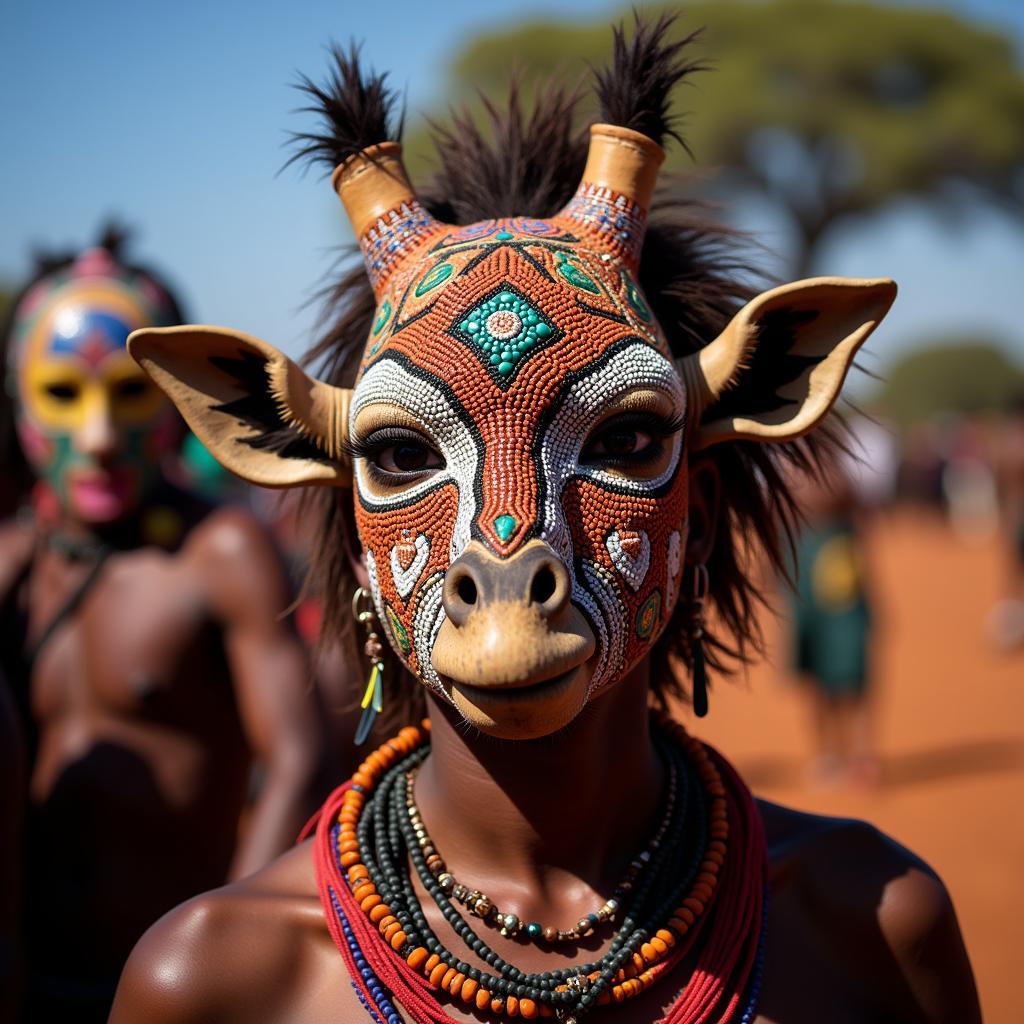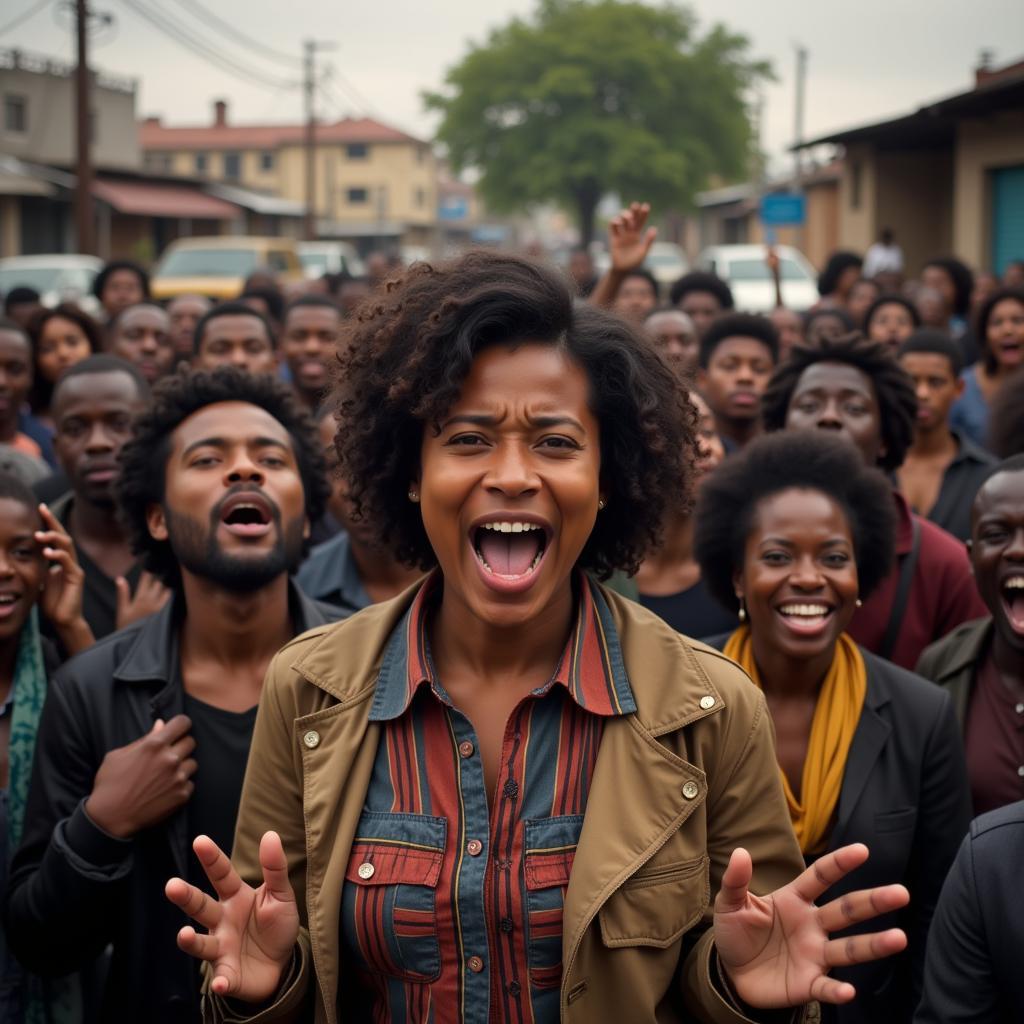Navigating the African Court System: A Comprehensive Guide
The African Court system, a multifaceted landscape reflecting the continent’s diverse legal traditions, plays a pivotal role in upholding justice and human rights. From traditional courts deeply rooted in customary practices to modern judicial systems grappling with contemporary challenges, understanding the complexities of African courts offers valuable insights into the continent’s legal tapestry.
Historical Roots and Evolution of African Courts
For centuries before colonization, traditional African courts, often presided over by village elders or chiefs, served as the primary mechanisms for dispute resolution. These courts, steeped in customary law and oral traditions, emphasized restorative justice and community harmony.
The arrival of colonialism in Africa brought about significant transformations in the legal landscape. European powers imposed their legal systems, often marginalizing or replacing existing traditional courts. This period witnessed the introduction of codified law, formal court hierarchies, and adversarial legal proceedings, shaping the foundations of many modern African legal systems.
Post-Colonial Challenges and Reforms
The post-colonial era ushered in a wave of legal reforms across Africa as newly independent nations sought to establish their own judicial identities. Many countries embarked on ambitious projects to codify customary law, integrate it into national legal frameworks, and enhance the capacity of their judicial systems.
However, African courts have continued to grapple with challenges such as limited resources, political interference, corruption, and the need to balance customary practices with international human rights standards.
Types of Courts in Africa
The African court system typically comprises a multi-tiered structure:
- Traditional Courts: These courts, often found at the local level, continue to play a significant role, particularly in rural areas, adjudicating disputes related to family matters, land ownership, and minor offenses. Their proceedings often draw upon customary law and emphasize reconciliation and community involvement.
- Magistrate Courts: As the lowest level of formal courts, Magistrate Courts handle minor civil and criminal cases.
- High Courts: Positioned above Magistrate Courts, High Courts possess broader jurisdiction, hearing appeals from lower courts and handling more serious criminal offenses and complex civil matters.
- Supreme Courts: Situated at the apex of the judicial hierarchy, Supreme Courts function as the final court of appeal, interpreting constitutional law and setting legal precedents.
Specialized Courts: Addressing Unique Challenges
In addition to the general court system, many African countries have established specialized courts designed to address specific types of cases:
- Family Courts: These courts focus on resolving family disputes, including divorce, child custody, and maintenance issues.
- Industrial Courts: Industrial Courts handle labor disputes between employers and employees.
- Commercial Courts: Geared towards resolving commercial disputes, these courts aim to create a more conducive environment for business and investment.
- Corruption Courts: Reflecting a growing emphasis on combating corruption, these specialized courts focus on investigating and prosecuting corruption cases.
Regional Courts: Fostering Integration and Human Rights
At the regional level, Africa has witnessed the establishment of several significant courts:
- African Court of Justice and Human Rights: This court, based in Arusha, Tanzania, represents a landmark achievement in continental judicial integration. It combines the functions of the African Court on Human and Peoples’ Rights and the Court of Justice of the African Union.
- African Court of Human Rights: This court holds a crucial mandate to protect and promote human rights across the continent. It adjudicates cases related to violations of the African Charter on Human and Peoples’ Rights.
- African Court on Human and Peoples’ Rights: This court hears cases and delivers rulings on matters pertaining to the violation of human rights as enshrined in the African Charter.
- ECOWAS Court of Justice: Serving the Economic Community of West African States (ECOWAS), this court adjudicates disputes related to the ECOWAS Treaty and protocols.
These regional courts play a vital role in promoting regional integration, upholding human rights, and fostering a culture of accountability.
The Future of African Courts: Balancing Tradition and Modernity
“As Africa continues to evolve, its court system will undoubtedly face new and complex challenges,” observes Dr. Abena Oduro, a renowned legal scholar specializing in African customary law. “Balancing the role of traditional courts with modern legal systems, addressing issues of access to justice, and ensuring judicial independence will remain key priorities.”
Conclusion: Navigating a Complex Terrain
The African court system, a tapestry woven from traditional practices, colonial influences, and post-colonial reforms, presents a dynamic and often challenging landscape. Understanding its complexities is essential for navigating legal matters, promoting human rights, and fostering a deeper appreciation for the continent’s diverse legal traditions.
FAQ: Understanding African Courts
1. What role do traditional courts play in modern Africa?
Traditional courts continue to hold significant influence, particularly in rural areas, resolving disputes related to customary law and local customs.
2. What are some challenges facing African courts today?
Challenges include limited resources, political interference, corruption, and the need to balance customary practices with international human rights standards.
3. What are specialized courts, and why are they important?
Specialized courts, such as family courts or industrial courts, focus on specific areas of law, allowing for greater expertise and efficiency in handling these cases.
4. What is the significance of regional courts in Africa?
Regional courts, like the African Court of Justice and Human Rights, promote regional integration, uphold human rights, and foster accountability across national borders.
5. What does the future hold for African courts?
Balancing the role of traditional courts with modern legal systems, ensuring access to justice, and maintaining judicial independence will remain key priorities.
Need Further Assistance?
For more information or assistance regarding legal matters in Africa, please contact us:
Phone: +255768904061
Email: kaka.mag@gmail.com
Address: Mbarali DC Mawindi, Kangaga, Tanzania.
Our dedicated team is available 24/7 to provide support and guidance.



